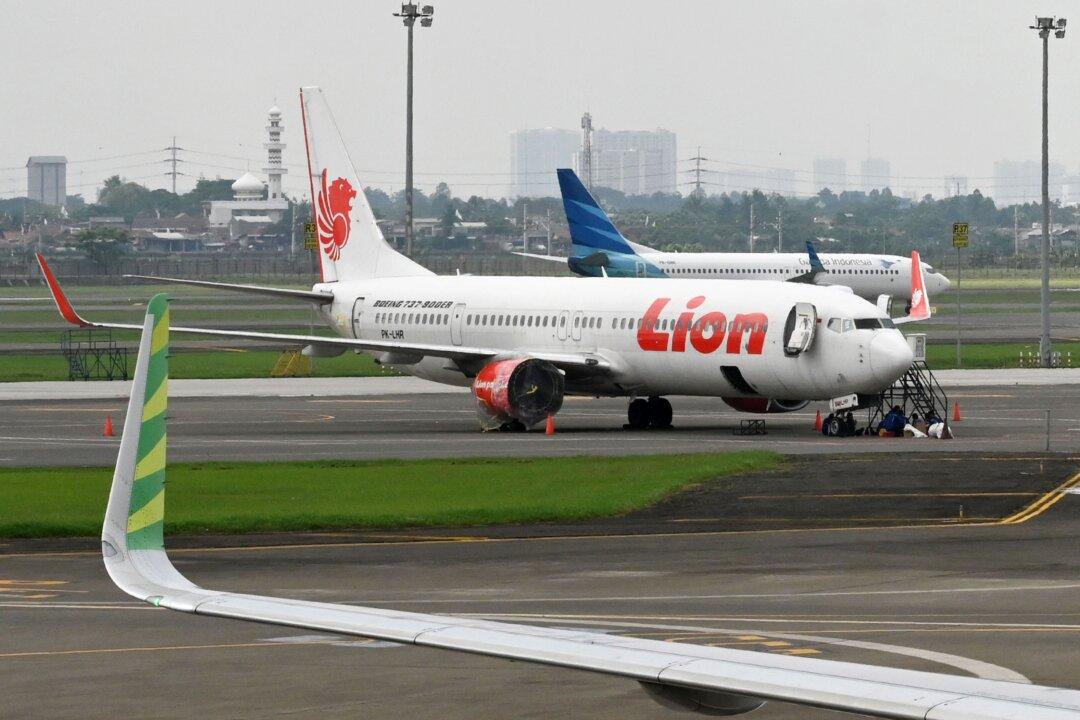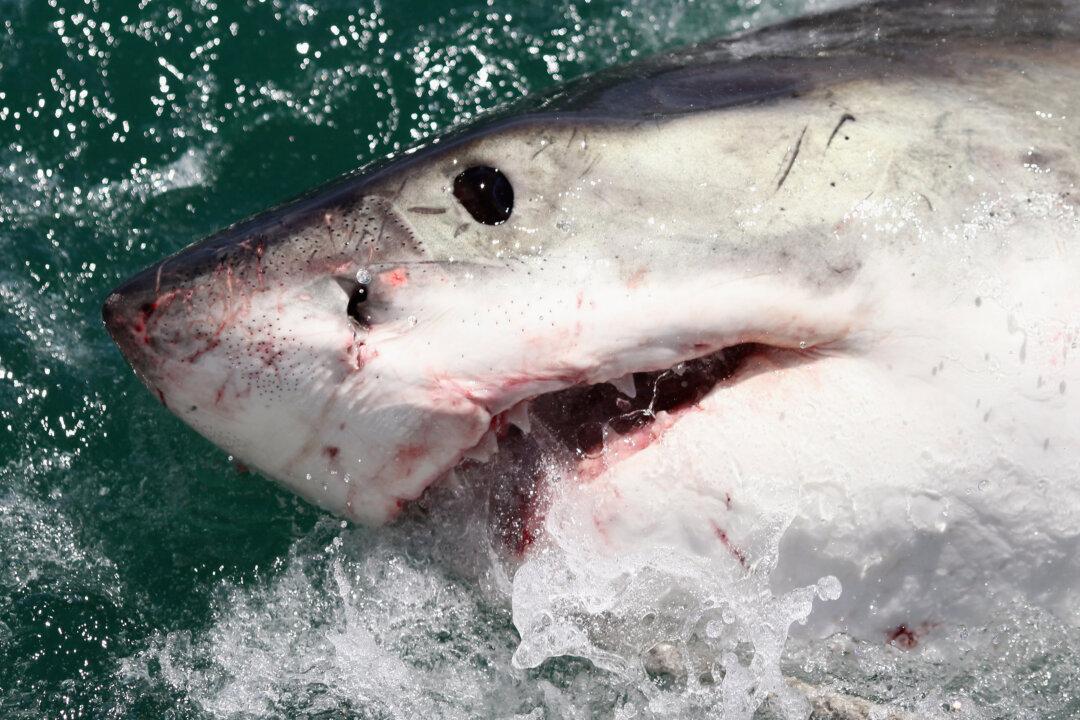A pilot who was not rostered to work is being called a hero for saving a brand-new Lion Air jet from a devastating crash just one day before the same aircraft fatally crashed into the Java Sea in October last year.
The extra pilot had been traveling in the cockpit jumpseat on an Oct. 27 flight from Bali to Jakarta when he noticed the crew of the Boeing 737 Max 8 was struggling to take control of the aircraft.





